In the new Lebrecht Album of the Week, I observe that Daniil Trifonov, Boris Giltburg and other leaders of the new generation of pianists seem to be shifting to the edgier Fazioli.
What’s going on?
Read here.
And here.
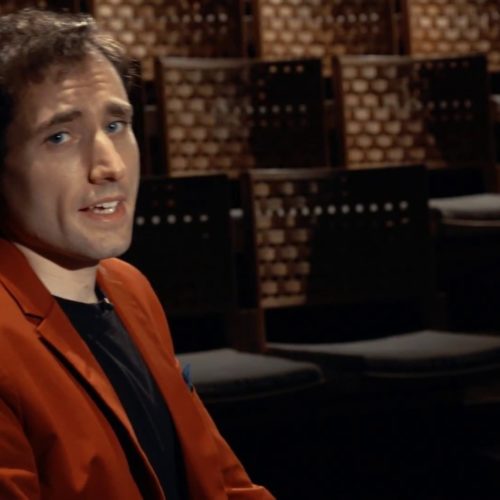
In the new Lebrecht Album of the Week, I observe that Daniil Trifonov, Boris Giltburg and other leaders of the new generation of pianists seem to be shifting to the edgier Fazioli.
What’s going on?
Read here.
And here.

Ex Cathedra, the Birmingham-based choir and early music ensemble, has chosen Sarah Latto and Tori Longdon as its first two Associate Conductors, following what is described as ‘a highly competitive application process’.
A Cambridge graduate, Sarah Latto is artistic director of the young professional ensemble Echo.
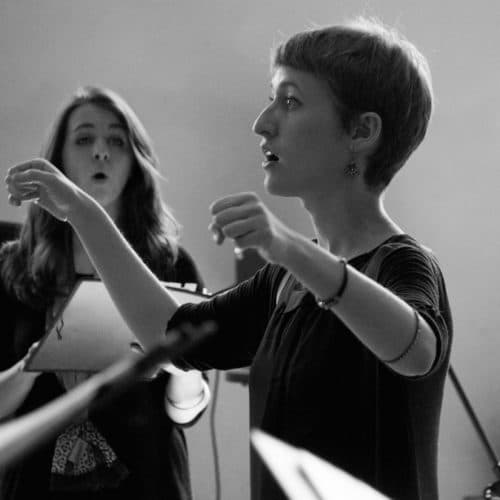
Tori Longdon founded and directs the young professional ensemble Consort of Voices.
When Valery Gergiev was growing up, Pasternak’s masterpiece could only be read as secret literature (samizdat).
This month, he is presenting the world premiere of Doctor Zhivago, an opera by David Krivitsky, from January 24 at the Marinsky concert hall in St. Petersburg.
The music director is Larissa Gergieva, the maestro’s sister.
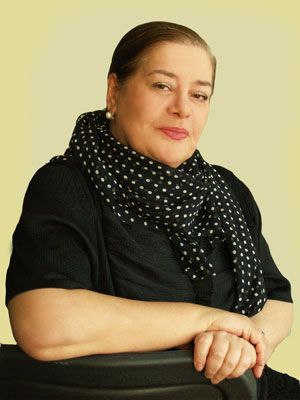
From the violinist Mari Samuelsen:
‘I’ve signed an exclusive artist agreement with Deutsche Grammophon and my new single is out TODAY!’
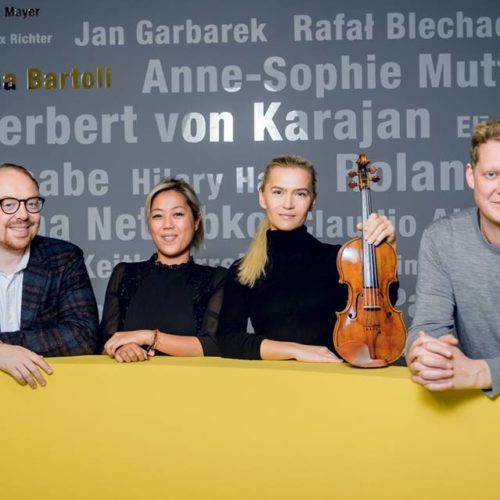
The frequent-flying Dutchman, 77, has been named principal guest conductor at the San Diego Symphony for the next three years, the first time this orchestra has offered such a position. He will work with music director Rafael Payare and chief exec Martha Gilmer.
De Waart, who lives in Wisconsin, is also music director of the New Zealand Symphony Orchestra.
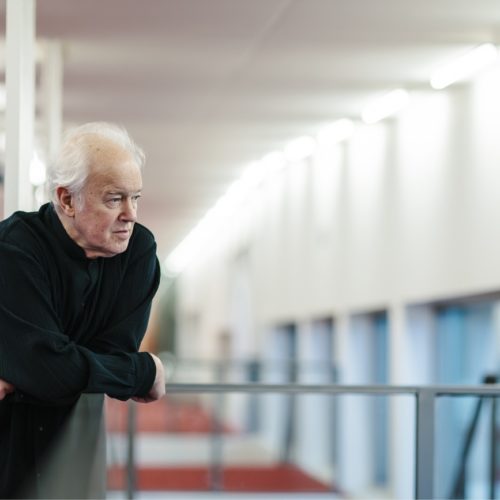
photo: Jesse Willems
The soprano cancelled her final Otello at the Met last night via Instagram:
‘I am so, so, so sorry I can’t perform tonight for the last Otello at the @metopera. Couple of hours ago at home, I was preparing for the show, when suddenly I collapsed. I feel very weak and I will certainly need few days to recover. Thank you so much for your comprehension. Yours, Sonya.’

Intensive pressure has prompted the Government to pump an extra £1.33 million into instrument teaching and start work on ‘ a new model music curriculum’. In the thick of Whitehall’s Brexit confusion, this seems somehow to have sneaked under the wire.
Department of Education press release below.
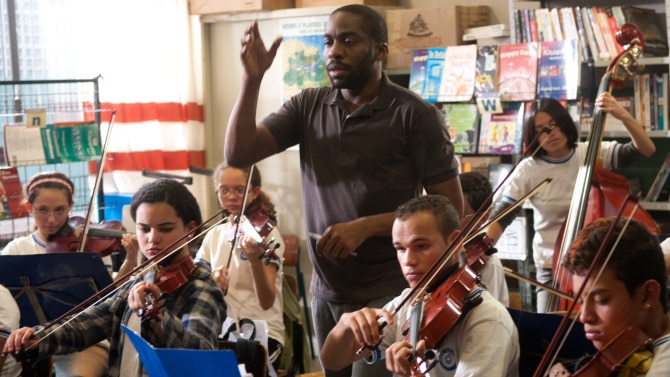
In order to ensure all pupils are able to enjoy high quality lessons, schools are to receive a new model music curriculum created by an independent panel of experts, School Standards Minister Nick Gibb announced today (11 January).
This comes as a £1.33million funding boost is given to the Department for Education’s music education hubs, which helped hundreds of thousands of young people learn to play an instrument in whole classes in 2016/17.
The new curriculum will be developed by a group of teachers, education leaders and musicians and will be published in summer 2019. It will provide schools with a sequenced and structured template curriculum for Key Stages 1, 2 and 3.
As well as ensuring all pupils can benefit from knowledge rich and diverse lessons, it is hoped that the curriculum will make it for easier for teachers to plan lessons and help to reduce workload.
School Standards Minister Nick Gibb said:
Having the opportunity to study and explore music isn’t a privilege, it’s a vital part of a broad and balanced curriculum – and that’s why I’m determined that all pupils should have access to a world class music education.
All pupils at least up to the age of 14 should study music in school. We want to make sure their lessons are of the very highest quality and pupils leave school having experienced an excellent music education so those who wish to do so can take up opportunities to pursue musical careers.
This new model curriculum and the new money for our successful music hubs will make sure the next generation of Adeles, Nigel Kennedys and Alex Turners have all the support they need in school.
In 2012 the government set up a network of 120 music education hubs to support the teaching of music both in and out of school. These hubs are being supported by £300million between 2016 and 2020, which forms part of an overall investment of £500million in the arts during that period, making it the second highest funded element of the curriculum behind PE.
This new funding – which is on top of £300million allocated to the programme between 2016 and 2020 – will help ensure that the hubs can keep up their good work. According to a report by Arts Council England, this work has reached 89% of schools and seen over 700,000 pupils learning instruments together with their classmates in 2016/17.
Last night’s concert at the Barbican consisted of two Scandi wedges – Sibelius 7 and Nielsen 4 – around a high Barbara Hannigan confection composed by Hans Abrahmsen. If this Simon Rattle’s new normal, it tests the mettle of LSO winds and is seriously refreshing for the lower strings.
Forget about overture and concerto. Change the shape of the weekday night concert.
In the gasp between one Hannigan high and the next, the audience rustled their papers to find other changes in the LSO lineup. Twelve changes, in fact. Students from California’s Music Academy of the West who had so impressed Rattle in rehearsal that they got to take their seats with the big boys and girls in the actual performance.
Were they daunted? Not a whit.
My eye was caught by double-bass Nina Bernat, 18, and bass trombone Lisa Stoneham, 25, sawing away like total pros.
And there is more than meets the eye. The LSO has been smart, ahead of Brexit, in forging a transatlantic alliances that will yield longterm talent dividends. Other London orchs remain mired in the old normal.
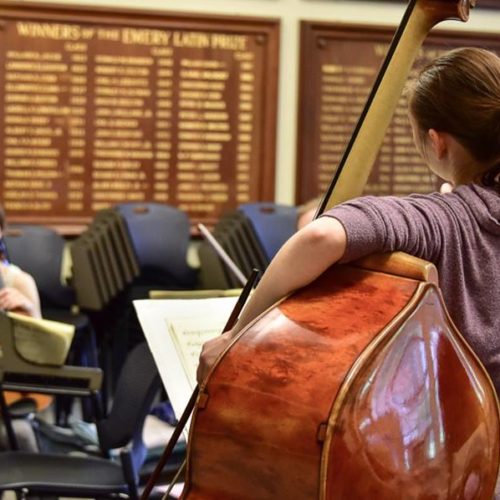
You can listen to the concert here for the next 3o days (possibly only in the UK).